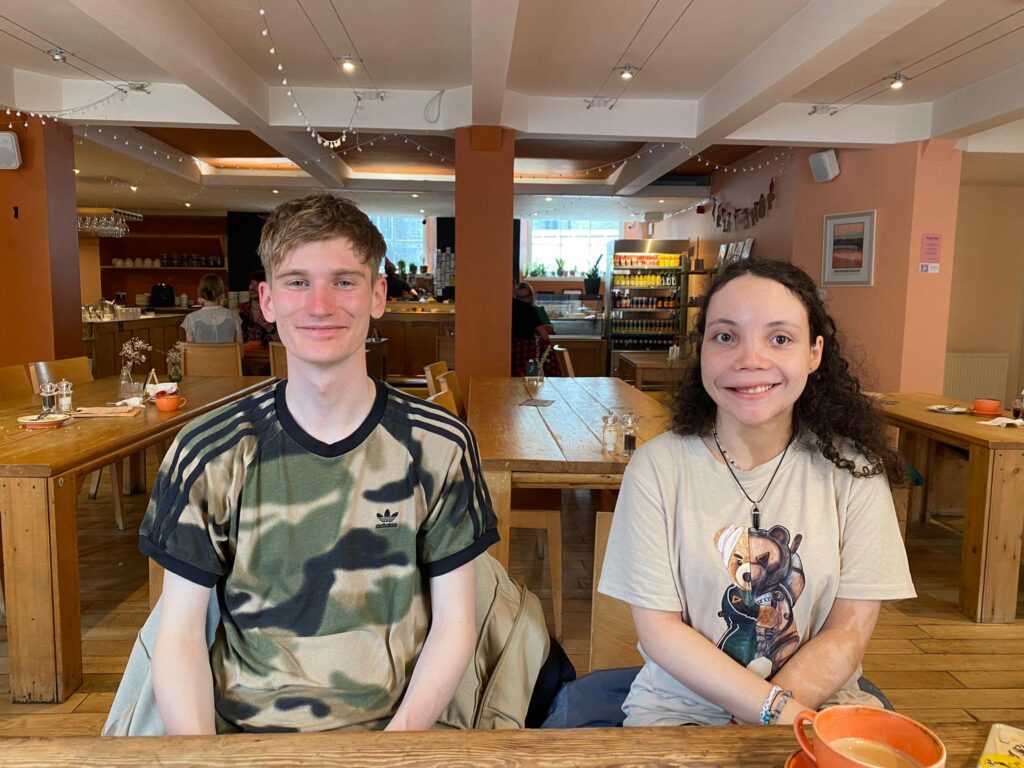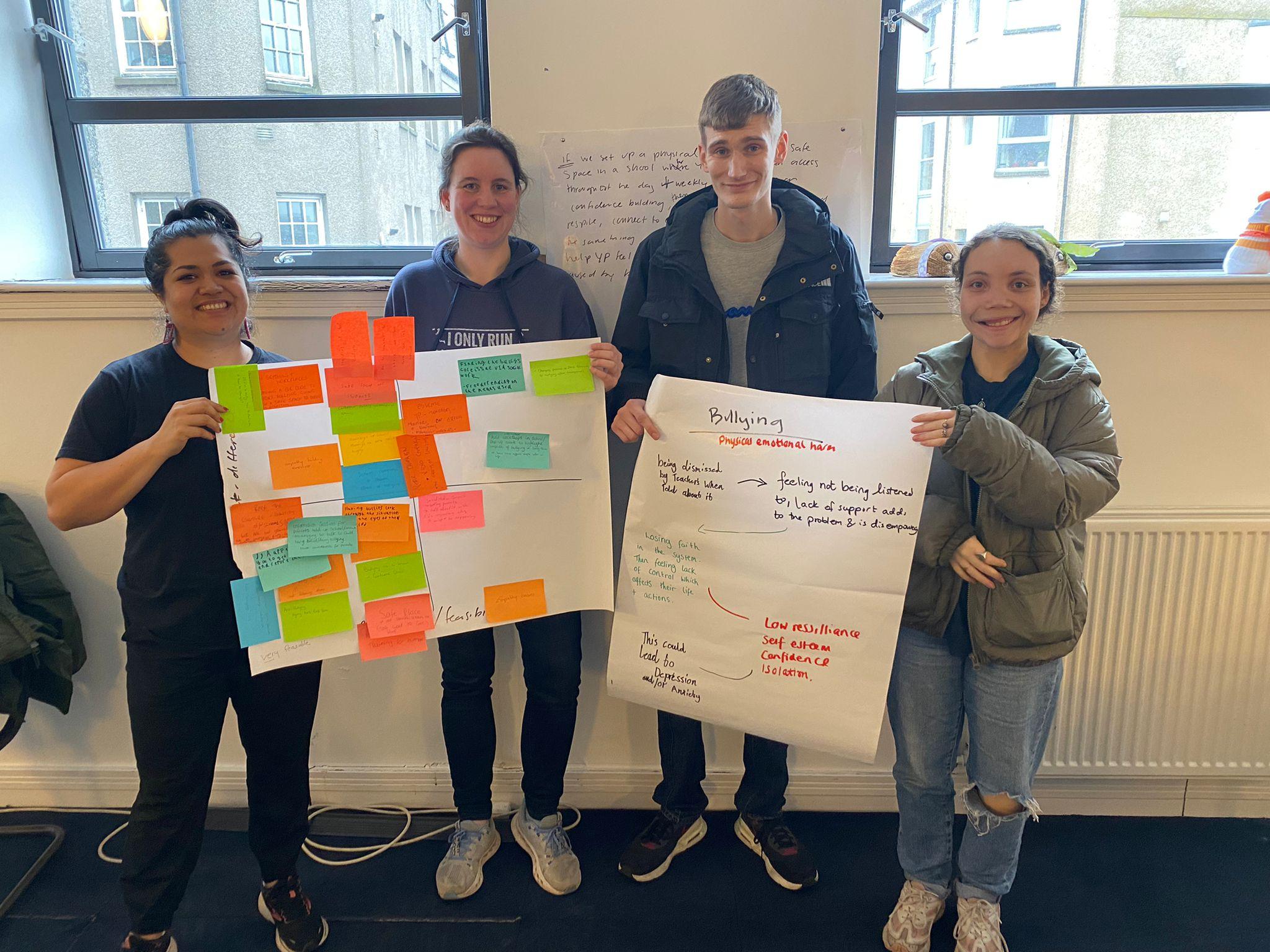Valuing Young Voices: The Power of Compensation and Genuine Partnership
At Reboot, we ensure young people are heard, listened to, and regarded as equal partners. While we consistently include young people in our activities, we realized we have more to learn about co-designing with them.
After receiving some feedback from young people following our first Innovation Social in 2023, we realised the value of testing our assumptions. Although we professed to view young people as equal partners and echoed this sentiment among professionals, some young people didn’t feel they were seen or listened to as equal in the decision-making process. Their suggestion to address this issue was to have more young people than professionals present and to have young people lead the event, thereby demonstrating our commitment to seeing them as true partners.
We took their advice to heart. Leveraging everything we’d learned about meaningful youth engagement over the years—including insights on how young people want to be engaged—we developed a strategy aimed at having at least two young people co-facilitate the next Innovation Social.
Our recruitment process began with social media posts, internal advertisements within the Foyer, and outreach to other youth-serving organizations in Aberdeen. Initially, we received no applications or feedback through these channels. So, how did we end up with two young people?
Listen to Jay’s story about how he got involved.
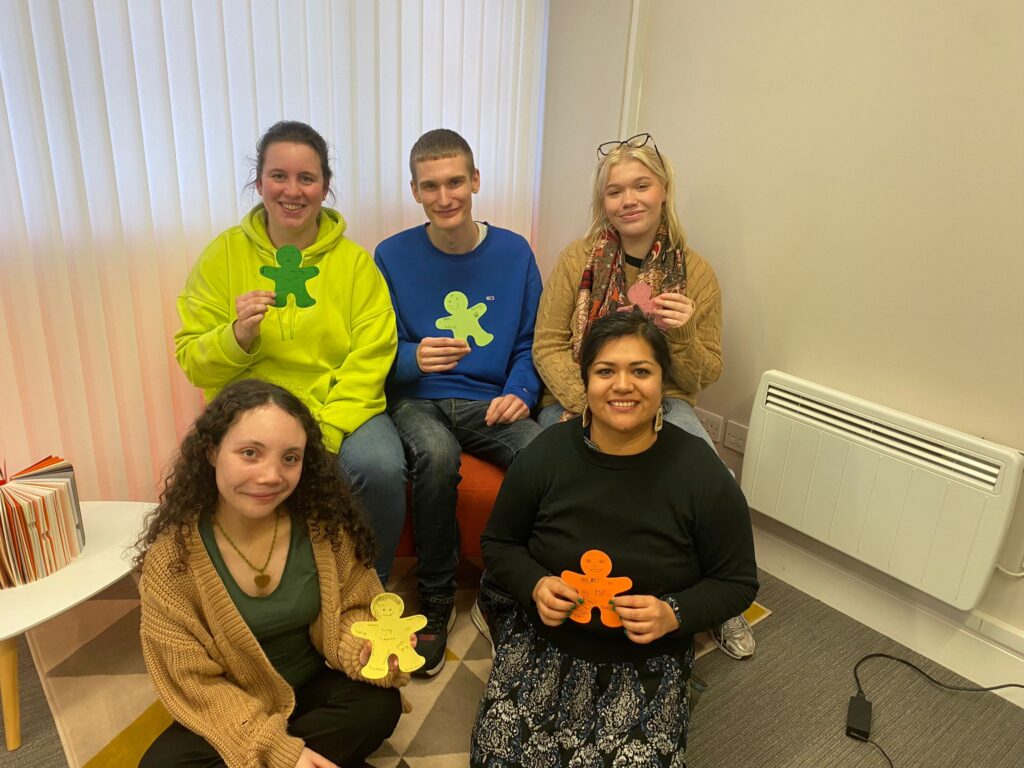
At Reboot, we consistency hear young people express a desire to feel valued and included. To reflect our commitment to treating them as equals in every aspect, we decided to compensate them for their time. Offering fair pay was the next logical step in our journey. Therefore, we decided to provide young people with £300 in vouchers of their choice upon successfully co-facilitating the Innovation Social and sharing their experience afterward in a medium of their choice.
With this approach in place, we welcomed three young people as Young Reboot Facilitators. In our initial meeting, we discussed mutual expectations—what we needed from them and what they could expect from us. Our primary focus was on building a relationship and establishing trust, ensuring that young people felt comfortable raising any potential issues and challenging our ideas.
Here’s what Jay had to say about our collaboration:
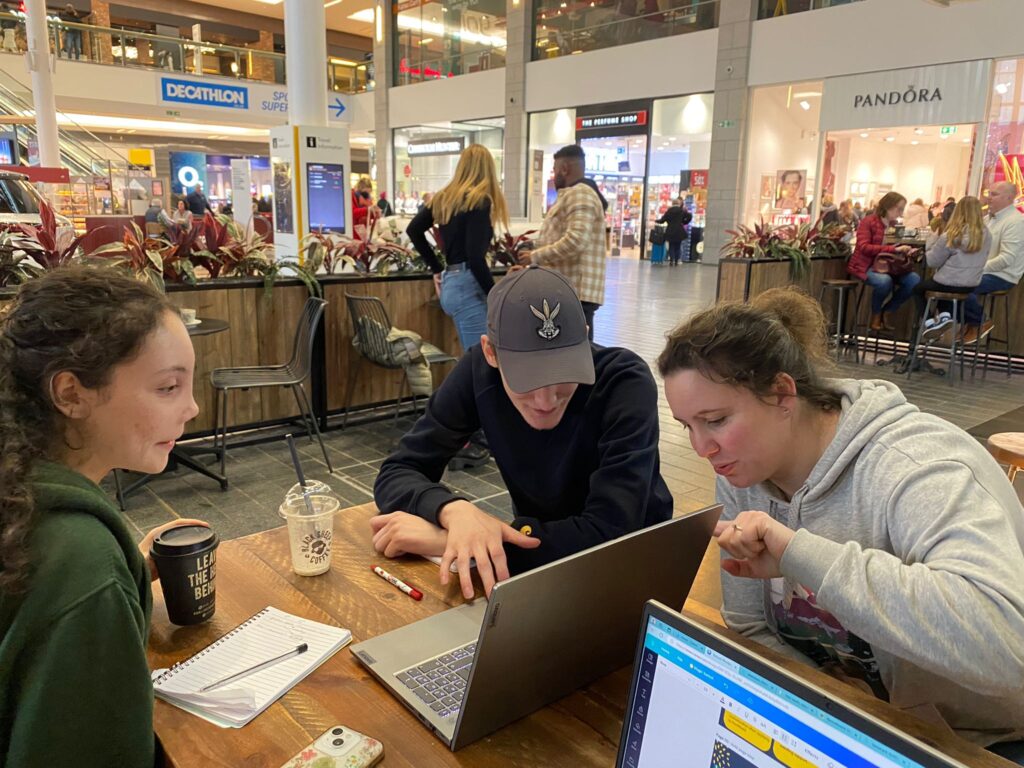
Over the next few months, one of our Young Facilitators had to step back due to other commitments. However, the remaining two continued their invaluable work with us. We met several times to plan the event, equipping them with skills such as using Canva, designing and implementing a recruitment strategy and building facilitation skills. Each meeting was conducted in a comfortable environment, complete with snacks, lunch, and drinks depending on the time of day.
As the event approached, we developed a facilitation guide and conducted a practice run. The rehearsal helped us address any insecurities, clarified misunderstandings, and ensured everyone felt confident and prepared.
On the day of the event, our Young Facilitators were well-received by all attendees. Their performance was outstanding, impressing everyone present and showcasing the power of genuine youth engagement.
Let’s hear from Jay how he felt the day went:
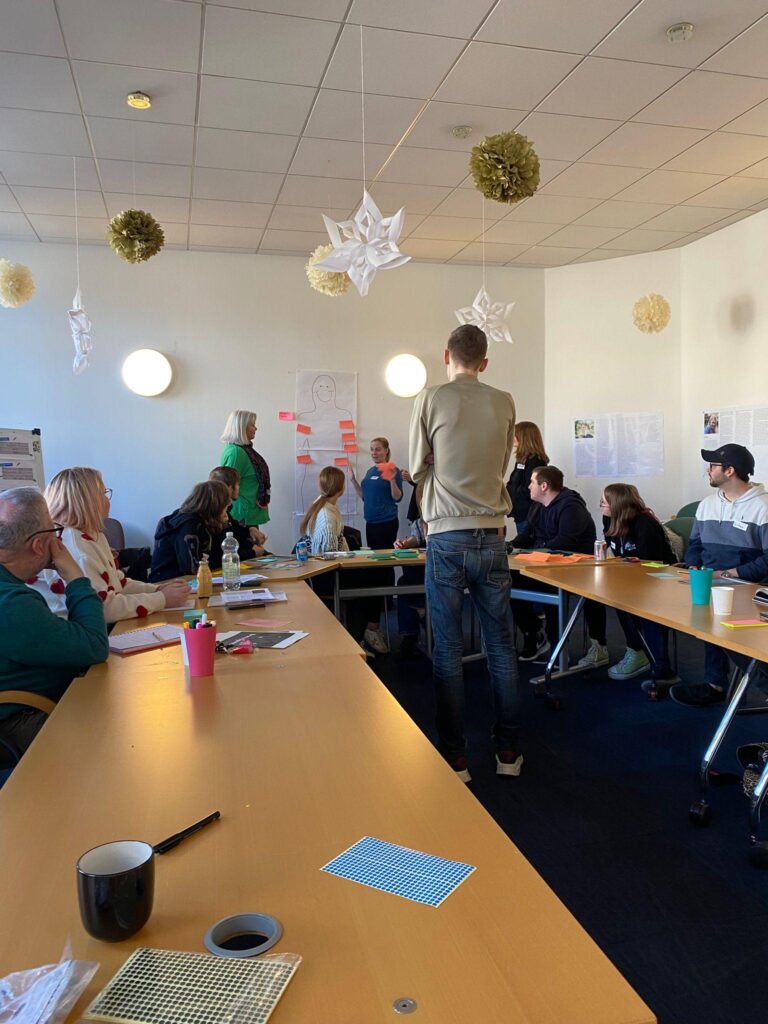
From Reboot’s perspective, having young people co-facilitate the Innovation Social provided a lot of insights. The experience illustrates the varied support and roles young people can provide to effect change. It highlights that certain things practitioners may take for granted are new or unfamiliar to young people and should not be seen as a ‘given’. For instance, having a professional email address or covering transportation costs to and from meetings, can pose unexpected challenges. Particularly in the beginning, young people may not voice their needs, making it crucial for us, as practitioners, to think ahead and anticipate potential barriers.
This experience has underscored the importance of proactively identifying and addressing these obstacles to create a more inclusive and supportive environment for young facilitators.
Furthermore, this process required additional time, active communication, and consistent reminders to ensure young people remained involved at each step. It was essential to make them feel that their input was not only okay but encouraged.
What does Jay think young people struggle with when taking on a new roles?
The experience has proved to be beneficial for their personal lives as well. Jay has used this facilitation skills in his other volunteer jobs. As for Erin, she shares that the experience has supported her academically during a recent debate at university. She also sees how the experience can help her career down the line. Both of them mentioned feeling more confident exercising their voice and being comfortable with public speaking.
For practitioners that also feel strongly about youth engagement, how can you elevate the way you work with young people?
